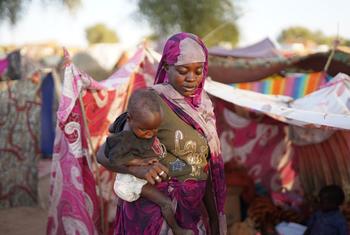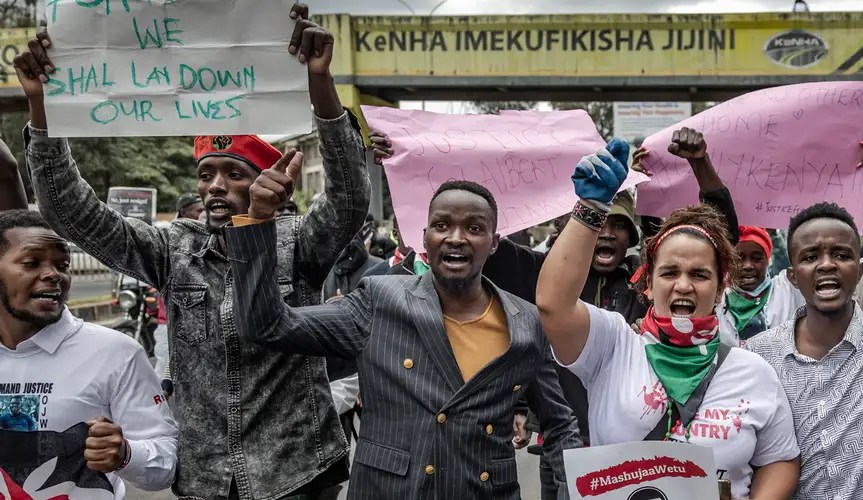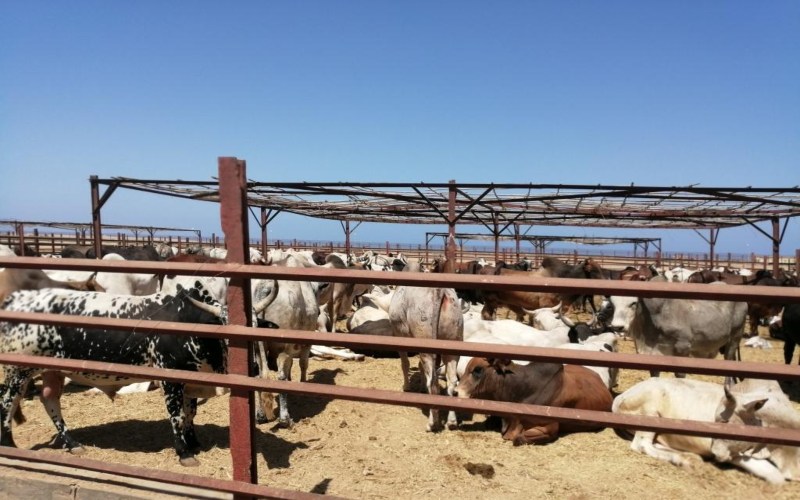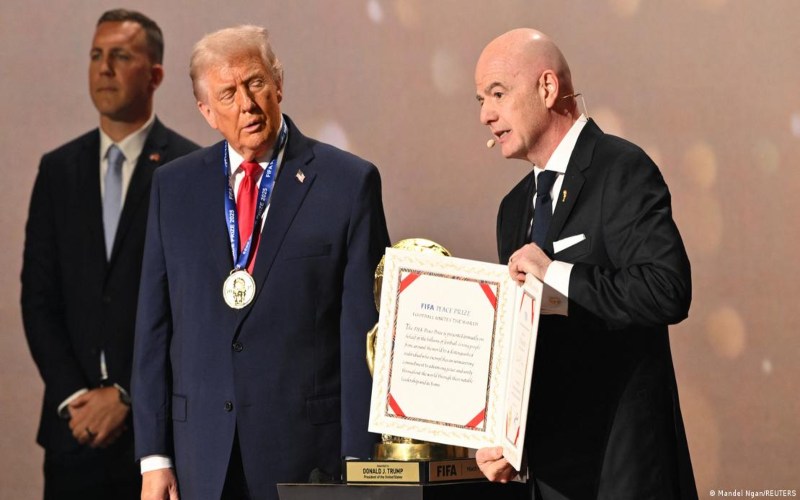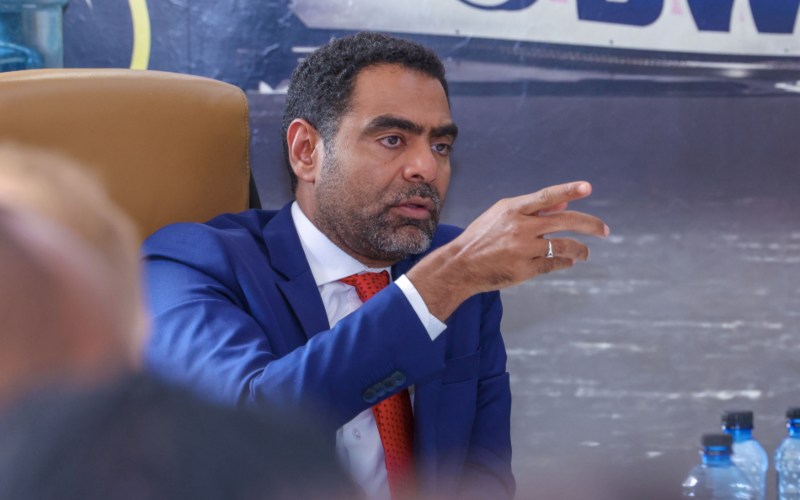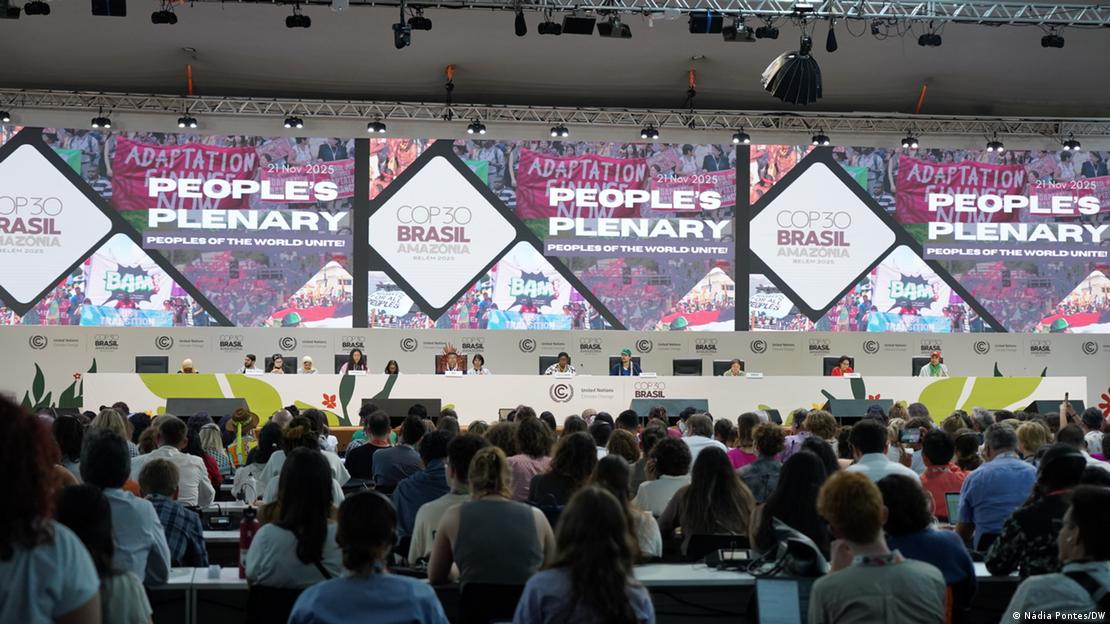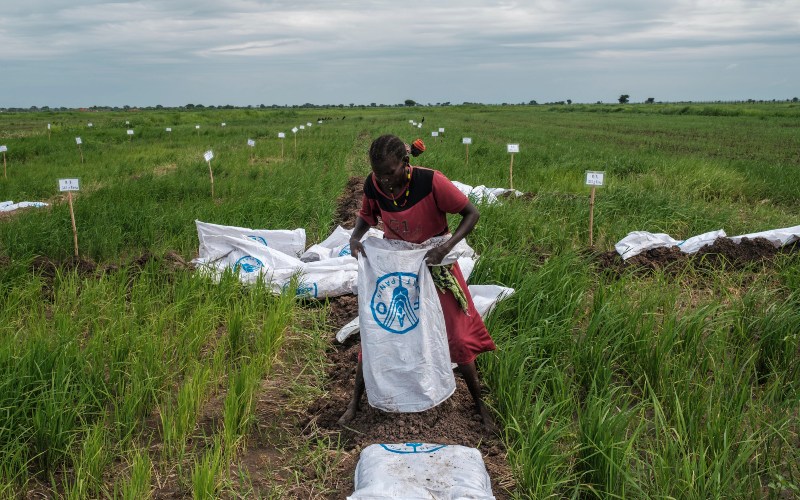AG Oduor says state not behind Bill seeking to regulate religious bodies
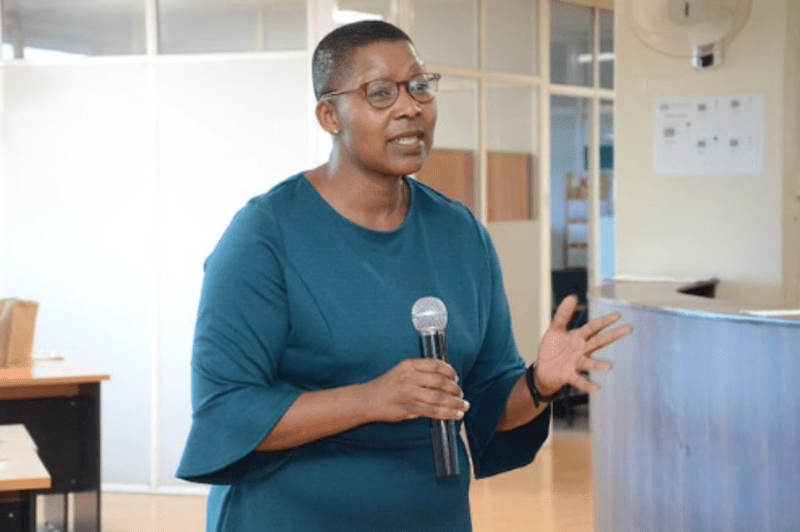
She stressed that the Bill reflects the views and legislative agenda of Senator Mungatana, not the government.
Attorney General Dorcas Oduor has clarified that the government is not responsible for the controversial Religious Organisations Bill, 2024, currently being discussed in the Senate.
The Bill, which seeks to regulate the activities of religious organisations, has caused concern among religious leaders, who argue that it threatens the freedom of worship.
More To Read
- Court dismisses petition challenging Muturi’s removal, says former AG resigned voluntarily
- Faith groups warn Religious Bill violates church-state separation
- Religious leaders reject state bid to regulate faith-based groups, cite threat to worship freedom
- AG, NPS back Harun Mwau in petition to bar police commission from recruiting constables
- Explainer: All you need to know about the prestigious 'Senior Counsel' title
- AG denies knowledge of police officer’s death in Haiti despite Ruto’s statement at UN
The AG, in a statement on Friday, distanced the government from the Bill, emphasising that it is a privately sponsored initiative.
"It is hereby clarified that the Religious Organisations Bill, 2024, is a privately sponsored Bill brought forth by Senator Danston Mungatana, in accordance with Part XXI of the Senate Standing Orders," said Oduor.
She further stressed that the Bill reflects the views and legislative agenda of Senator Mungatana, not the government.
"This office confirms that the Bill is not a government-sponsored initiative, and as such, the government is not the sponsor nor driver of the proposed legislation," Oduor affirmed.
The Bill outlines a strict regulatory framework for religious bodies, including tough conditions for registration and severe penalties for violations.
According to the Bill, no person shall establish, manage, or assist in the operation of a religious organisation without registration under the proposed law.
Violating this law could result in a fine of up to Sh5 million or a prison sentence of up to three years.
The Attorney General added that the Bill is currently undergoing the legislative process in the Senate, where it will be subject to debate, public participation, and scrutiny by parliamentary committees.
Religious leaders, including the Evangelical Alliance of Kenya (EAK), have strongly opposed the Bill, particularly its proposal to tax income, gifts, and profits from religious organisations.
The EAK and other religious groups argue that the Bill lacks proper consultation with stakeholders in the clergy and goes against constitutional principles.
EAK Secretary-General Reverend Kepha Nyandega expressed concern over the lack of public participation in the drafting of the Bill, stating, "The Bill contravenes fundamental constitutional principles enshrined in Article 10, specifically the provision on public participation."
EAK chairperson, Bishop Philip Kitoto, acknowledged the presence of rogue individuals within religious circles but emphasised the positive impact religious organisations have on Kenya's social and economic development.
"They complement the work of the government in peacebuilding and providing services in the health, education, and hospitality sectors," said Kitoto.
The EAK also pointed out that the proposed Bill duplicates existing regulations.
They noted that a recent presidential taskforce had already reviewed the legal framework for regulating religious organisations and made recommendations that included stringent measures.
Top Stories Today

